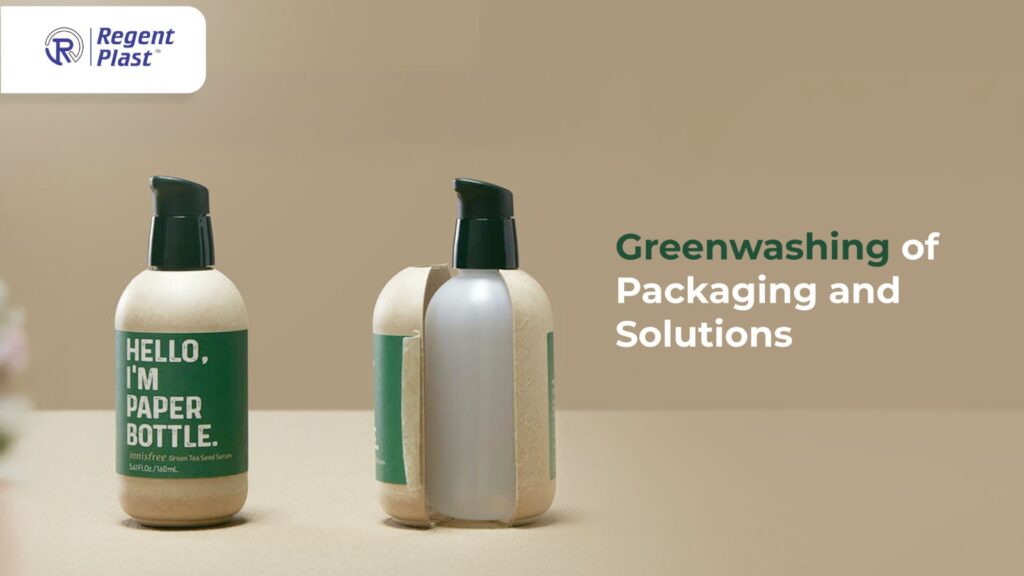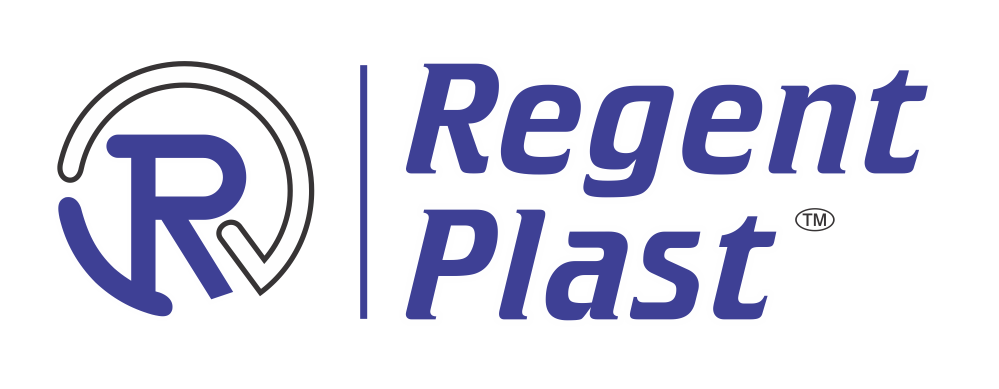
Packaging practices are being scrutinized by consumers, businesses, and governments alike. However, the phenomenon known as “greenwashing” has been used by some to mislead customers about the true environmental impact of packaging. This blog will explore the concept of greenwashing, its implications, and effective solutions to foster genuine sustainability in packaging. As publishers committed to integrity and transparency, our goal is to inform readers while offering sustainable options.
What is Greenwashing in Packaging?
Greenwashing refers to deceptive practices in which companies exaggerate or fabricate the environmental benefits of their products or packaging. The goal of such tactics is often to attract eco-conscious consumers without making actual efforts to reduce environmental impact.
Common Tactics in Greenwashing:
- Ambiguous Claims: Terms like “biodegradable,” “compostable,” or “eco-friendly” are frequently used without proper certifications or explanations.
- Misleading Imagery: Packaging adorned with green leaves, earthy tones, or other nature-inspired visuals is employed to evoke a sense of environmental responsibility.
- Selective Transparency: Highlighting a single eco-friendly feature, while neglecting larger environmental concerns associated with production or disposal.
Such practices erode consumer trust and create barriers to meaningful environmental action. To address this, solutions that promote genuine sustainability are essential.
Real Solutions to Greenwashing
As a recycled plastics bottles manufacturer, Regent Plast takes a proactive approach to promoting transparency and sustainability. The following measures are recommended to combat greenwashing effectively:
1. Clear and Verifiable Claims
Packaging claims should always be substantiated with scientific evidence or certifications. Companies should ensure that terms like “recyclable” or “compostable” are supported by:
- Third-party certifications.
- Compliance with local recycling or composting infrastructure.
2. Lifecycle Assessments
Conducting life cycle assessments (LCAs) provides a comprehensive understanding of the environmental impact of packaging materials. These assessments evaluate:
- Energy consumption.
- Carbon footprint.
- End-of-life recyclability or disposal.
By leveraging LCAs, companies can make informed choices that align with genuine environmental goals.
3. Adoption of Sustainable Materials
Using materials such as hdpe recycled plastic bottles ensures both durability and eco-friendliness. These materials are widely accepted in recycling programs and reduce the reliance on virgin plastics.
4. Customized Packaging Solutions
Tailoring packaging to suit specific product needs not only minimizes waste but also optimizes material usage. At Regent Plast, customized plastic package solutions are offered to meet diverse client requirements, ensuring efficiency and sustainability.
5. Consumer Education
Educating consumers about the environmental impact of packaging is a crucial step in combating greenwashing. Transparent communication about:
- Material sourcing.
- Manufacturing processes.
- Disposal options.
can empower consumers to make informed choices. For example, plastic bottles designed by a responsible bottle manufacturer should clearly indicate their suitability for recycling, so that post use, the consumer can put the used package in the correct recycling stream:
Benefits of Genuine Sustainable Packaging
Adopting authentic sustainable packaging practices benefits not only the environment but also businesses and consumers. Key advantages include:
- Environmental Impact Reduction: Lower carbon emissions, reduced waste, and conservation of natural resources.
- Enhanced Brand Reputation: Transparency builds trust, fostering customer loyalty.
- Cost Efficiency: Recycling and reusing materials can lower production costs in the long term.
How Regent Plast is Leading the Way
As a trusted name in the packaging industry, Regent Plast is committed to sustainability and transparency. Our offerings include:
- Recycled plastic bottles manufacturer: Providing innovative and eco-friendly bottles for diverse applications.
- Hdpe recycled plastic bottles exporter: Delivering high-quality, sustainable HDPE bottles worldwide.
- Customized Plastic Package Solutions: Crafting packaging that meets client needs while adhering to environmental standards.
- Ready Solutions: Regent Plast is able to offer most of the HDPE bottles in its open catalog with introduction of recycled HDPE plastics.
By prioritizing these principles, we aim to inspire confidence in our products while reducing our environmental footprint.
Tips for Choosing Truly Sustainable Packaging
To avoid falling prey to greenwashing, consumers and businesses can adopt the following strategies:
- Look for Certifications: Check for recognized labels such as FSC, Green Seal, or Cradle-to-Cradle.
- Research Material Composition: Verify whether the materials used are genuinely recyclable or biodegradable.
- Examine Transparency: Review company websites or product labels for detailed information about sustainability claims.
Closing Thoughts
Greenwashing in packaging poses significant challenges to environmental progress. However, through clear communication, robust assessments, and the use of sustainable materials, the packaging industry can move toward genuine eco-friendliness. Regent Plast remains dedicated to offering solutions that uphold these values, ensuring that our clients and consumers can trust our products without compromise.
At Regent Plast, innovative packaging solutions are redefined to meet the diverse needs of industries worldwide. As a leading plastic bottles manufacturer incorporating PCR (post consumer recycled plastics), HDPE recycled plastic bottles exporter, and provider of customized plastic package solutions, we prioritize sustainability and functionality. Our expertise in crafting attractive, innovative & cost-effective plastic bottles and jars ensures that your packaging needs are met with precision and excellence. Do partner with us to revolutionize your packaging strategy and contribute to a greener future.

